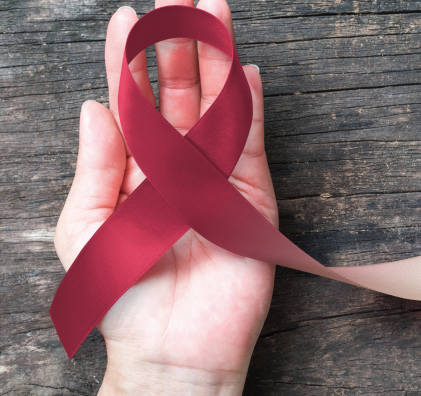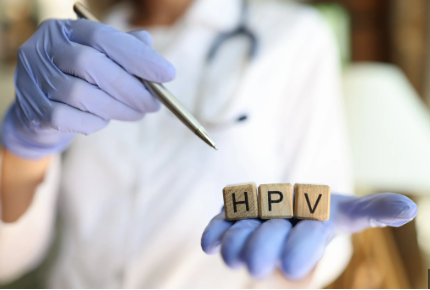The transition to a republic marked a historic break with Barbados’ colonial past, but leading political scientists say the achievement has yet to deliver genuine political independence, warning that deeper democratic reform will require more than symbolic change and the removal of the British monarch as head of state.
In separate interviews with Barbados TODAY, political analysts Devaron Bruce, Dr George Belle, and pollster Peter Wickham agreed that while the transition was significant, it did not automatically lead to improved governance.
Bruce was blunt: “Thus far I would have to say that the transition to a republic in the Barbadian context has largely been symbolic.”
He pointed to the Parliamentary Reform Committee and the Constitutional Reform Commission as two key mechanisms intended to reshape governance, but noted real progress has been slow.
“Thus far we’ve not seen anything beyond just a report on those commissions and committees and thus far we’ve not seen any commitments from the government as it relates to how our political systems can be reformed for the 21st century,” he said.
For him, the missing piece of independence lies in the public’s ability to participate meaningfully in decision-making.
“We are still, by and large, stuck with participation every five years voting,” Bruce noted. “There is so much more that can be done to enhance Barbadians’ ability to participate in government, given the advancement of technology.”
He argued that Barbados must embrace digital tools, social media, and new participatory models if it wants to strengthen its democracy and bring governance closer to the public.
While Bruce framed independence around modern participation, veteran political thinker Dr George Belle took a longer, historical view. He cautioned against tying the discussion too tightly to republic status, stating, “I really don’t want to associate that discussion so much with the issue of a republic.”
According to Belle, the question of independence stretches back to 1966 and the broader struggle to “overcome the things that have inhibited you as a colony.”
“The process since 1966 has been a struggle to be sovereign and to be free of what is called neocolonialism,” he said. “The republican issue has always been there in the background, but we could have been a republic from the moment that we became independent.”
In his view, the shift to a republic is only one step in a much longer project of “cleaning the inherited colonial condition.” Barbados, he said, still operates within institutions inherited from Britain, and real independence requires decades of steady evolution.
When asked where the weak points are in the country’s governance structure, Belle said the answer lies in the realities of small-state survival.
“Those are the big conditions within the context of a small country trying to survive in the international arena,” he said. He argued that Barbados has adapted those inherited institutions over time, but major structural change is unlikely without a crisis large enough to force it.
Regional pollster Peter Wickham agreed that the move to a republic was “largely symbolic.” though he saw value in the symbolism itself.
“I have always been of the view that the transition would fundamentally always be more symbolic,” he said. “Functionally, otherwise there hasn’t been a whole lot.”
He highlighted one meaningful shift: the selection of the president is now a parliamentary process rather than a prime ministerial appointment, but he maintained that most aspects of the governance system remain unchanged.
Even so, Wickham said Barbados’ republican status had helped dispel old regional perceptions that becoming a republic was linked to political turmoil, as happened in Guyana and Trinidad and Tobago.
“The fact that Barbados has gone into that status and has not had any of these issues is symbolic and I think important for many people,” he said.
Asked where the biggest governance gaps lie, Wickham pointed to long-standing issues such as accountability, public participation, and institutional performance but stressed these were not problems that independence or republicanism alone could fix.
“None of those have anything to do with our status as a republic,” he said, adding that other Caribbean states face the same challenges regardless of constitutional arrangement.
All three experts agreed that political independence is not a moment but a process — one shaped by the country’s size, resources, and ability to adapt. As Dr Belle put it: “You don’t just look at a particular date and say whether we’re independent or not. It’s a struggle over time.”
Despite significant steps taken since achieving independence in 1966 and republicanism in 2021, the experts suggested that more meaningful independence — political, structural, and participatory — still depends on choices yet to be made.
(SM)
The post Republic status ‘mere symbol’ without deeper political reform, say experts appeared first on Barbados Today.


